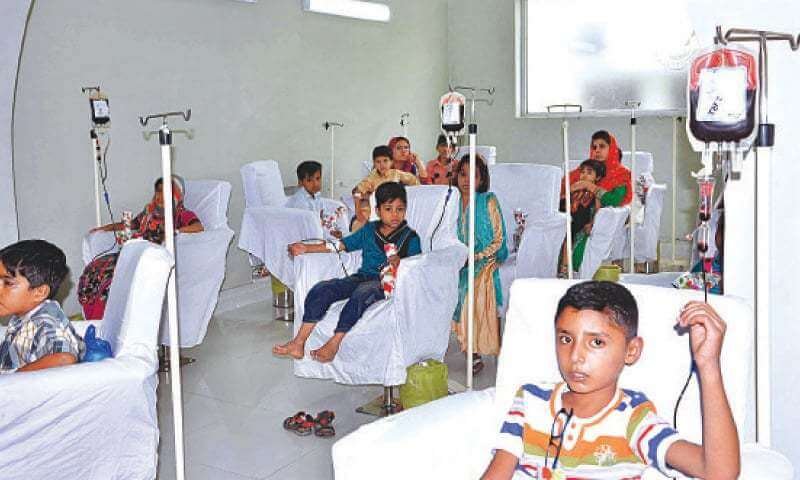A one-time, experimental treatment for an inherited blood disorder has shown dramatic results in a small study. It’s a major milestone for the company that created it, Bluebird Bio, and the latest in a string of successes for gene therapies, which aim to modify a person’s DNA to treat disease.
About 288,000 people worldwide have beta thalassemia, a genetic disorder in which the body does not make enough hemoglobin, the iron-rich, oxygen-carrying protein in red blood cells. But in an international clinical trial of Bluebird’s treatment, 15 out of 22 patients with the disease were able to stop blood transfusions entirely after receiving the therapy. The other seven patients, the majority of whom had the most severe form of the disease, now need transfusions less often.
…
A transfusion can take four to six hours, and frequent transfusions can cause iron to build up in the blood, leading to serious side effects. A 2016 study conducted in the UK estimated that the cost of treating a patient with severe beta thalassemia tops $720,000 over 50 years.
…
[Lead author Alexis] Thompson says the effect on patients has been remarkable. “They have been tied to this ongoing medical therapy that is burdensome and expensive for their whole lives,” she says. “Gene therapy has allowed people to have aspirations and really pursue them.”Read full, original post: Gene therapy could free some people from a lifetime of blood transfusions































